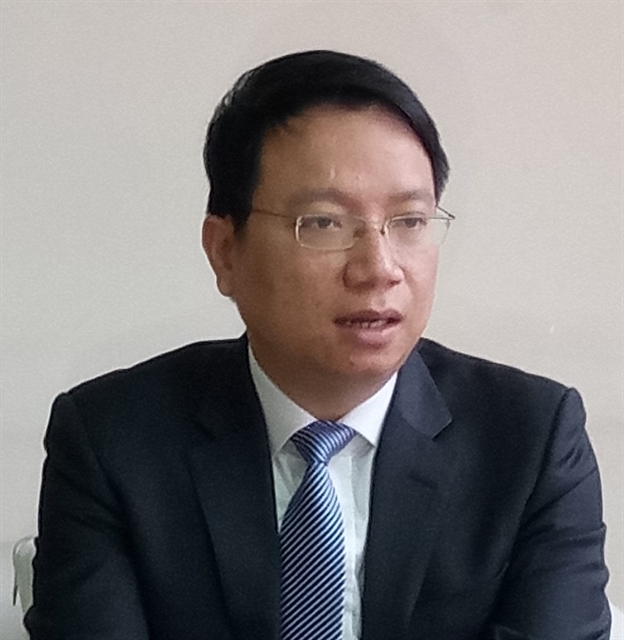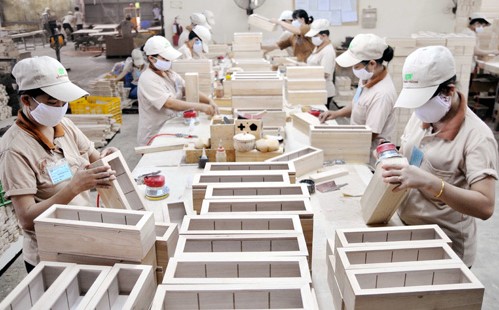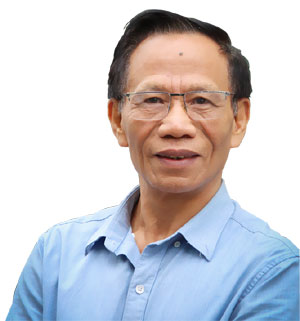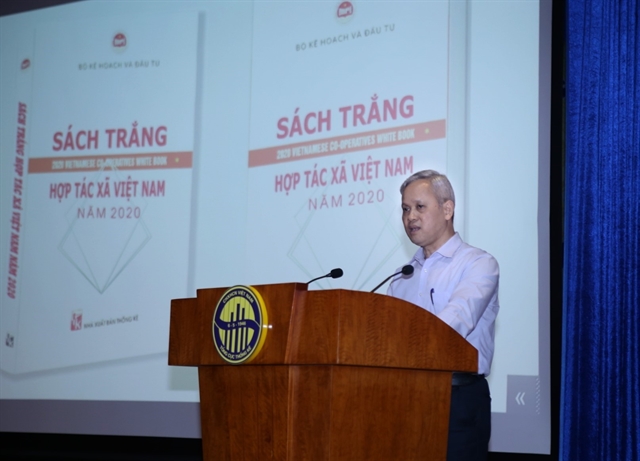
Vice Chairman of the Japan External Trade Organisation (JETRO) Hironobu Kitagawa, who was once JETRO’s Chief Representative in Việt Nam, speaks to Vietnam News Agency about the country’s efforts to improve its international trade policies on the occasion of its 45th National Reunification Day (April 30)
What do you think about Việt Nam's socio-economic development achievements over the years, especially after the Đổi mới (Renewal) process?
Since the launch of the Đổi mới policy in 1986, the economy has drastically developed. According to the United Nations Conference on Trade and Development (UNCTAD), Việt Nam’s GDP jumped from US$5 billion in 1986 to $245 billion in 2018 - the highest rate in ASEAN. When compared to the approximately 2.5-fold growth by Japan's GDP in the same period, we can see how rapid Việt Nam's economy has developed.
One factor for the GDP growth is the success in drawing foreign companies to the country as well as expanding exports. Regarding exports, the amount in 1986 was less than one-tenth of that of Malaysia or Thailand. But in 2018, it increased to more than $240 billion, catching up with both countries.
The efforts the country made to improve its international trade policy by monitoring world trends have been highly praised by foreign companies. Specifically, these efforts include the enforcement of the US-Vietnam Bilateral Trade Agreement and the accession to the World Trade Organisation (WTO) and the Comprehensive and Progressive Agreement for Trans-Pacific Partnership (CPTPP).
Việt Nam's efforts to prepare an investment environment open to a broad range of countries and regions, such as hosting the Vietnam-Japan Joint Initiative where Japanese companies and governmental organisations have discussions with the governments of both countries and the Vietnam Business Forum (VBF) joined by Western companies, are also believed to have contributed to its high praise.
Do you have any recommendations for our leaders to promote sustainable development?
According to our survey on Business Conditions of Japanese Companies in Asia and Oceania in 2019, the business sentiment of Japanese companies in Việt Nam was the highest within ASEAN (63.9 per cent of respondents answered that they intended to expand).
Regarding the merits of the investment environment, the answers of "market scale and growth potential" and "political and social stability" ranked top, with the ratio of both increasing from the previous year. This can be interpreted as praise of the stability of Việt Nam's policy to open its economy to other countries and its governance system.
In the meantime, respondents were most concerned about "increased labour costs" (61.1 per cent), "unclear policy management by local government" (42.6 per cent) and "high employee turnover rate" (38.6 per cent), which were listed at the top of "the risks related to the investment environment".
While responses pointing out risks related to administrative procedures have gone down as a whole, when asked about these risks, respondents had numerous requests, such as over retractions of investment incentives and power shortages. Solving these concerns one by one will facilitate continued investment and expansion of projects.
Japan and Japanese companies have greatly contributed to Việt Nam's socio-economic development. How can we further strengthen this good relationship?
While foreign companies, including Japanese companies, have until now regarded Việt Nam as a site for production, the country has now grown beyond being merely this.
We need to be vividly aware of the potential of synergy born through combining the knowledge of Japan and Việt Nam. With the birth of unicorns such as VNG in the IT field, in particular, Việt Nam's potential may be higher than that of Japan. The exchange of youth, such as university students, and highly skilled human resources of both countries is also important to promote synergy.
In addition to that, one potential field where synergy has the potential to be born is in the agricultural, forestry and fishery industry, the largest in Việt Nam. Approximately 40 per cent (37.7 per cent) of the country's working population are engaged in the industry. However, as it accounts for a little under 20 per cent of GDP by industry, greater value must be added to it. — VNS































